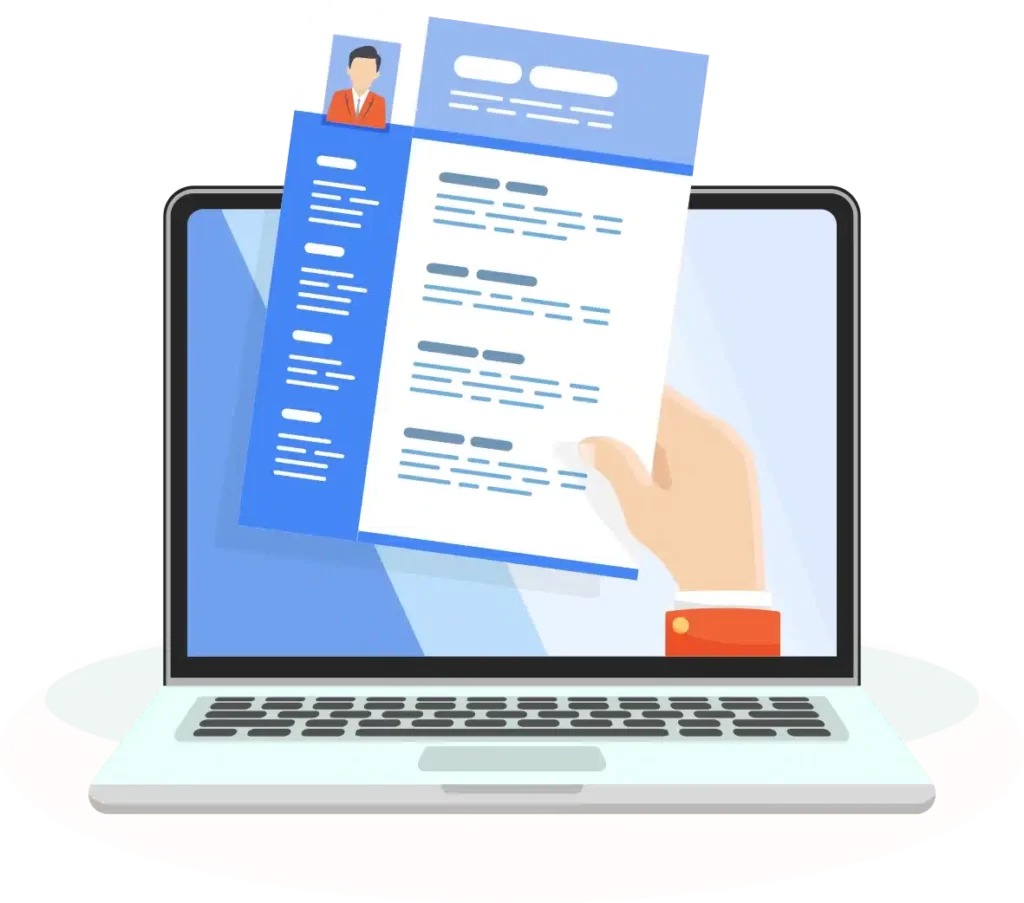What Documents Do I Need to Work in the Netherlands?
Working in the Netherlands can be an exciting opportunity, whether you are a citizen of an EU country or a non-EU national. The Dutch job market is known for its high standards and inclusivity, making it a desirable destination for many workers. However, navigating the legalities associated with working in the Netherlands requires an understanding of various documents and processes. In this article, we will delve into what documents you need to work in the Netherlands, the types of residence permits available, and some recommendations for a smooth transition.
Understanding the Basics of Work Permits and Residence
Why You Need a Work Permit
Before working in the Netherlands, it’s imperative to understand that you will typically need a work permit or a residence permit depending on your nationality. Permit requirements are largely determined by whether you are an EU/EFTA national or a non-EU national.
-
EU and EFTA Nationals: Citizens from EU member states and the European Free Trade Association (EFTA) can work in the Netherlands without needing a work permit. This is due to the freedom of movement and labor agreements within the EU.
-
Non-EU Nationals: Citizens from countries outside the EU/EFTA generally need a work permit to be legally employed in the Netherlands. These permits ensure that the employee's skills are needed and that local labor conditions are met.
Types of Documents Required for Employment
Understanding which documents you need to work in the Netherlands can be a bit complex. Here’s a breakdown of the essential documents based on your citizenship status.
For EU/EFTA Citizens
-
Valid Passport or Identity Card:
- You need a valid form of identification, which can be either a passport or national identity card.
-
Proof of Residency:
- If you plan to stay longer than four months, you must register with your local municipality (gemeente) and obtain a Citizen Service Number (BSN).
-
Health Insurance:
- Ensure you have valid health insurance. The Netherlands mandates health coverage, which is a legal requirement for all residents.
For Non-EU Citizens
-
Residence Permit for Work:
-
You will need a residence permit, which allows you to work. The application for this permit usually goes hand-in-hand with your employment, as your employer often needs to initiate the process.
-
There are various types of residence permits such as:
- Highly Skilled Migrant Permit: For professionals with special skills and relevant job offers.
- Regular Work Permit: For those filling general job roles requiring less specialization.
- Intra-Company Transfer Permit: For employees being transferred from a foreign branch to a Dutch branch.
-
-
Employment Contract:
- A signed job offer or employment contract which outlines the terms of your employment.
-
Valid Passport:
- Just like EU citizens, non-EU workers need a valid passport.
-
Health Insurance:
- Valid health insurance is also mandatory for non-EU residents.
Key Steps to Obtain Necessary Documents
Now that you understand the documents required, let's outline the key steps to obtaining them and transitioning to working in the Netherlands.
Step 1: Secure a Job Offer
Getting a job offer is the first crucial step. Employers are typically responsible for applying for the work permit on your behalf (if you're a non-EU citizen). It is advisable to search for employers familiar with hiring international workers to facilitate this process.
Step 2: Apply for a Residence Permit
Once you have secured a job offer and your employer has completed the initial application, it is essential to apply for a residence permit. The application usually requires:
- A passport-sized photo.
- Proof of employment (contract or job offer).
- Evidence of your qualifications (diplomas and work experience).
Step 3: Register with Local Authorities
After receiving your residence permit, you must register with the local municipality (gemeente) within five days of arrival. Here, you will receive your BSN (Burgerservicenummer), which is crucial for taxation and social security.
Step 4: Ensure Health Insurance Coverage
As mentioned earlier, health insurance is mandatory in the Netherlands. There are numerous insurers and plans available, so it's important to compare them to find one that suits your needs.
Recommendations for a Smooth Transition
Navigating through work permits and residence documents might seem overwhelming, but with careful planning, you can make the transition smooth.
Research Your Employer’s Experience
If you are a non-EU citizen, it’s beneficial to research your prospective employer’s experience with visa applications. Some companies have human resources dedicated to handling work permit applications, while others may have less experience. Make sure to ask questions during your interview process.
Language Considerations
While many Dutch people speak English fluently, learning some basic Dutch phrases can enhance your integration into the culture and workplace. It shows commitment and may even increase your employability.
Networking
Reaching out to expat communities can provide valuable insights and support regarding living and working in the Netherlands. Local meetups or online forums can help build relationships and provide additional resources.
Be Aware of Tax Obligations
The Netherlands has a progressive tax system that may be different from what you are used to. It is important to familiarize yourself with tax obligations, especially if you are from a non-EU country. Consulting with a tax advisor familiar with expat regulations can save you considerable headaches down the road.
Get Assistance if Needed
If the process feels daunting, don't hesitate to seek help from migration specialists or legal advisors. They often provide tailored advice and can navigate the bureaucracy effectively.
Conclusion
In summary, understanding the documents required to work in the Netherlands is essential for anyone looking to immerse themselves in Dutch society. As an EU/EFTA citizen, the process is relatively straightforward, while non-EU citizens must navigate additional legalities.
Having a clear plan, knowing which documents to gather, and registering promptly with local authorities can make the transition smoother. Remember to also seek out communities and networks to obtain support throughout the process.
Furthermore, if you are preparing to apply for jobs in the Netherlands, take some time to refine your CV. We have an effective CV template based on the Harvard CV model that includes guidelines and recommendations for creating a standout resume. Click here to access the template: Download the Perfect Curriculum According to Harvard CV.
Embarking on a new chapter in the Netherlands can be rewarding—make sure you're well-prepared for it!





